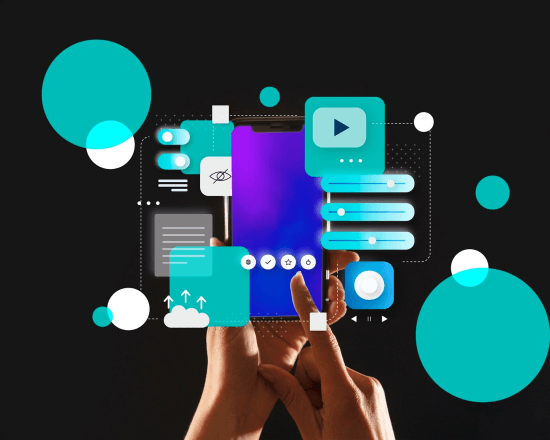iOS app development is an ecosystem at the forefront of mobile technology, driven by Apple's commitment to quality and user-centered design. At the heart of this process is Swift, Apple's powerful and versatile programming language designed to be expressive, secure and modern. Swift's syntax and features allow developers to write cleaner and more readable code, improving productivity and reducing the likelihood of errors.
At the heart of iOS development is Xcode, Apple's Integrated Development Environment (IDE). Xcode provides a comprehensive set of tools and resources that simplify the entire application development lifecycle, from initial design and coding to debugging, testing, and deployment. Its UI builder simplifies UI creation, while powerful debugging and profiling tools help ensure app stability and stability on iOS devices.
iOS developers can choose between UIKit or SwiftUI to build their app's UI. UIKit, a robust and mature framework, provides extensive customization and control over an application's UI elements, making it ideal for complex applications that require precise designs and interaction patterns. On the other hand, SwiftUI represents Apple's declarative framework introduced to simplify and accelerate user interface development with intuitive syntax and real-time preview. SwiftUI's data-driven approach enables developers to create dynamic user interfaces that automatically update based on changes in data or device state, improving both development speed and UI consistency.
In addition to designing user interfaces, iOS developers use a wide variety of frameworks and APIs to integrate advanced functionality into their apps. Master data enables efficient data management and persistence, allowing applications to store and retrieve data seamlessly. Core ML allows developers to integrate machine learning models directly into their applications, enabling features such as image recognition, natural language processing and real-time predictions.
Submitting an app to the App Store is the culmination of development, where rigorous review processes ensure quality, security and compliance with Apple guidelines. Successful apps not only meet technical standards, but also excel in user experience, reflecting Apple's focus on seamless and intuitive communication.
Moving forward, iOS developers must remain nimble and adaptable as Apple continues to innovate with new hardware, software updates, and new technologies. Staying abreast of industry trends, best practices, and community knowledge is critical for developers who want to create engaging and effective apps that resonate with users around the world. As iOS devices evolve and user expectations grow, the iOS app development journey continues to be a dynamic and rewarding enterprise at the forefront of mobile innovation.



